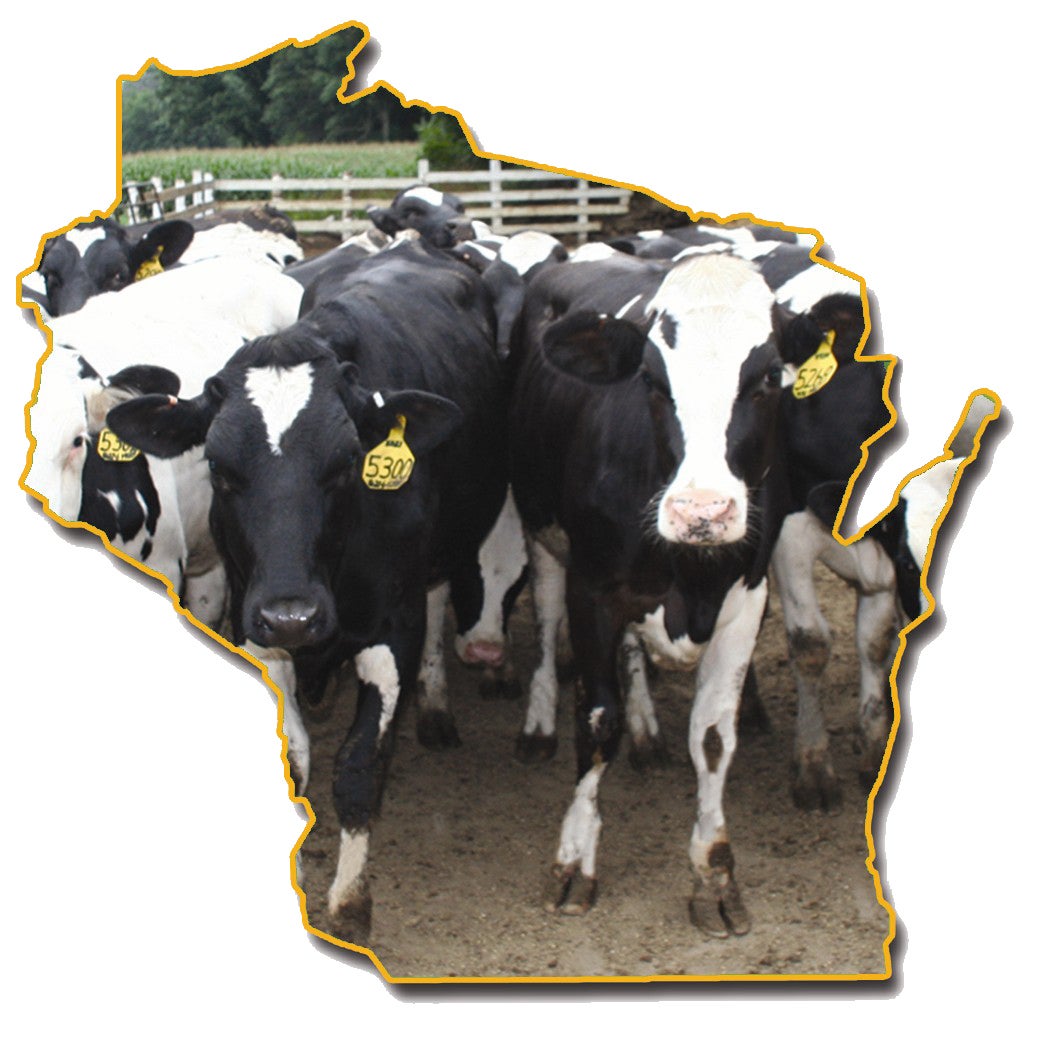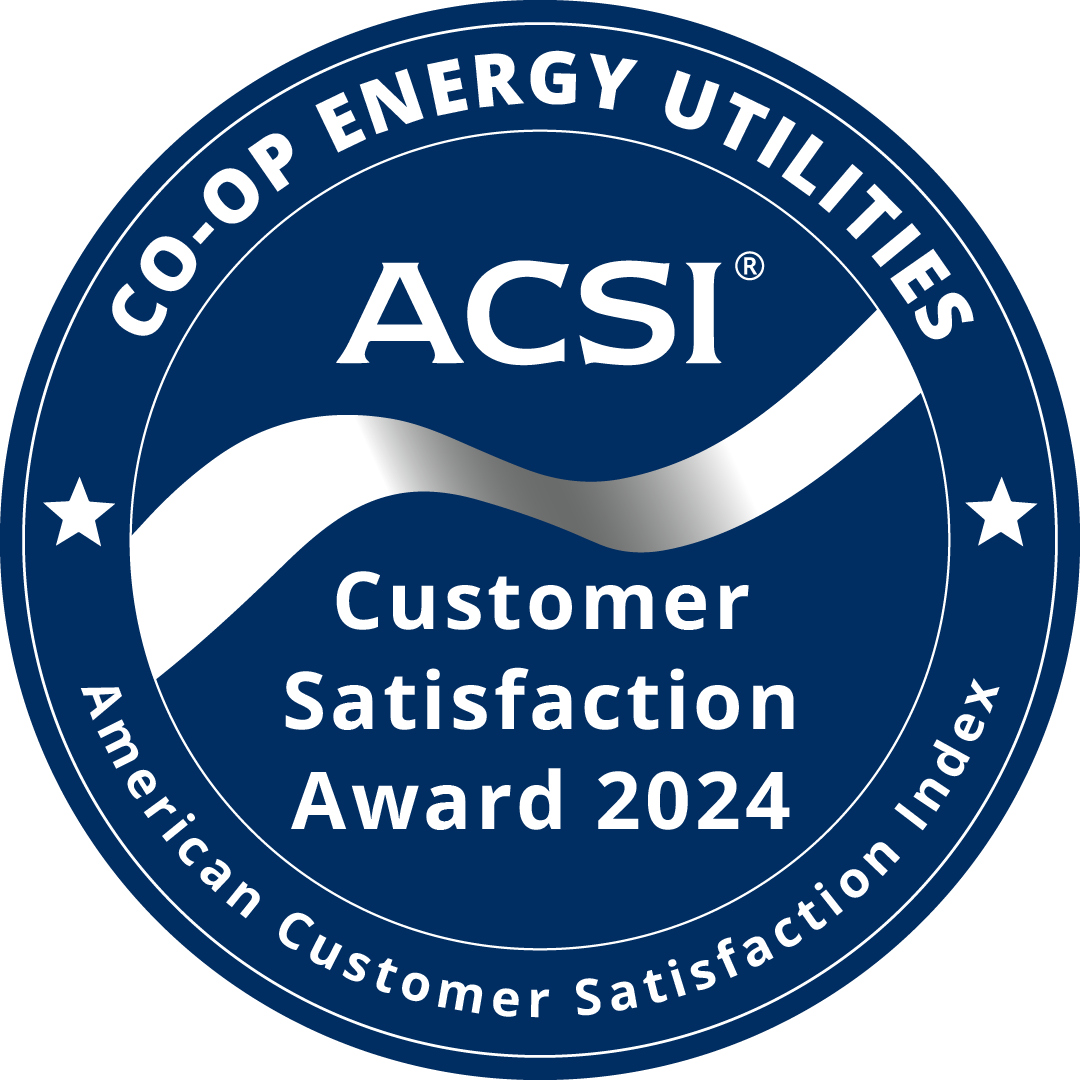Dunn Energy Cooperative contracts with a consultant that specializes in stray voltage testing. We are committed to ensuring that the energy delivered to your home, farm, or business is clean, safe, and reliable.
DEC operates under the National Electrical Safety Code (NESC®) and specifications set forth by the Rural Utility Service. The Wisconsin State Statue requires that the member's wiring must comply with the National Electrical Code (NEC®) and the Wisconsin Electrical Code. The purpose of these codes is to prevent electrical hazards and protect people and property from injury, death, and economic loss.
Electrical Codes and Services
Services are becoming larger because of an increased demand for electricity. They are also getting more technical due to the complexity of electronic equipment. The grounding and bonding of such equipment is critical for protection and proper operation. To achieve this, the system must have the proper size and type of wire, switch gear, overcurrent protection, and all appropriate related equipment.
The codes are not intended as a design specification or an instruction manual for untrained persons. DEC requires its members to have a qualified licensed electrician do the wiring. An affidavit is required from the person doing the electrical installation. This affidavit states that all wiring complies with both the National and State Electrical Codes. Unfortunately, if the installation does not fully comply with the stated codes, Dunn Energy Cooperative has no recourse but to refuse to energize the service.
Safety First! Dairy Farm Rewiring Loan & Grant Program FAQs
Wisconsin electric cooperatives have developed a uniform statewide farm rewiring program named “Safety First!” The purpose is to assist dairy farmers with the cost of rewiring projects and to promote safety.
(Dairy includes sheep and goats as well as cows that are kept for the production of milk.)
How is the Safety First! grant program funded?
Wisconsin electric cooperatives contribute annually towards the grant money.
How long is this program available?
The program has been funded since its inception in November 2002 and continues to be a valuable benefit for dairy farmers making improvements to farm wiring.
How much assistance is available?
• The loan/grant combination is up to $30,000
• A grant for 30% of the approved project costs up to a maximum of $10,000.
• A loan for approved costs not covered by the grant up to a maximum of $20,000. The loan interest rate will be no greater than prime minus 1.25 percent.
What expenses are covered under the loan and/or grant?
Labor and materials needed to rewire the farm are covered. Isolation transformers, rings of life, and other systems not defi ned in the National Electrical Code (NEC) are not eligible expenses under this program.
New construction is not eligible.
Can I apply for a grant and not a loan?
Yes, 30 percent of the total cost of the project, up to $10,000 is available without applying for a loan.
Can I get a loan for wiring a new barn?
No, only existing structures are eligible. New barns must be wired according to the latest version of the code. (Existing structures that have had wiring removed will be treated as a new installation and would not qualify under this program.)
Will funds be available to rewire my house as well as the barn?
Yes, if the service for the barn is served from the main panel in the house.
Will funds be available for partial rewiring projects on the farm?
If an approved state-certified inspector recommends a partial project to meet safety standards and the electric cooperative agrees there is a need to resolve safety concerns, partial projects may be approved. Pre- and post-inspections are required for all partial projects.
Who will do the electrical work?
You can choose your electrician as long as he/she is a Master Electrician licensed by the State of Wisconsin.
What are the credit eligibility requirements?
Members must be in good credit standing with their local cooperative.
Will I have to sign a service agreement?
Yes. A service agreement, indicating that you will receive energy from your electric cooperative for the duration of the loan, is required.
Are there any fees associated with this loan?
Yes. Pre- and post-inspections by an approved state-certified inspector are required for the loan. However, your electric cooperative will pay the costs. The Uniform Commercial Code (UCC)
fi ling fee will be your responsibility. Your electric cooperative will handle the processing of the UCC fee.
Can I pay the loan off early without a penalty?
Yes.
Is there a lien on my property?
Yes. The property serves as collateral for the loan.
What happens if I default on my loan?
If you’re delinquent on your loan (for two consecutive months), the loan will become due and payable immediately. The electric service may be subject to disconnection.
How do I apply?
Contact your local electric cooperative. Your cooperative will schedule an appointment with an approved state-certified inspector and a representative of your cooperative to determine the extent of the project.
What happens next?
You choose an approved electrician to give you a bid on the project, and you provide your cooperative a copy of the bid. If the bid meets the loan/grant requirements, the project is given preliminary approval.
When will I receive the grant money?
Grant money will be given after a post-inspection when the wiring work is completed according to NEC, and all of the invoices and the wiring affidavit are given to your electric cooperative.
What happens after the rewiring is completed?
Your cooperative will schedule the state-certified inspector to inspect the work and he/she provides written documentation that the work was completed according to NEC. You provide invoices from the electrician and the wiring affidavit. Your cooperative sends a check request for the grant money and then applies it to your project costs.
Farm Rebates
Dunn Energy Cooperative has rebates available to local farmers for upgrades and installments at their facility. For more information, click on our Energy Sense tab at the top of this page.


